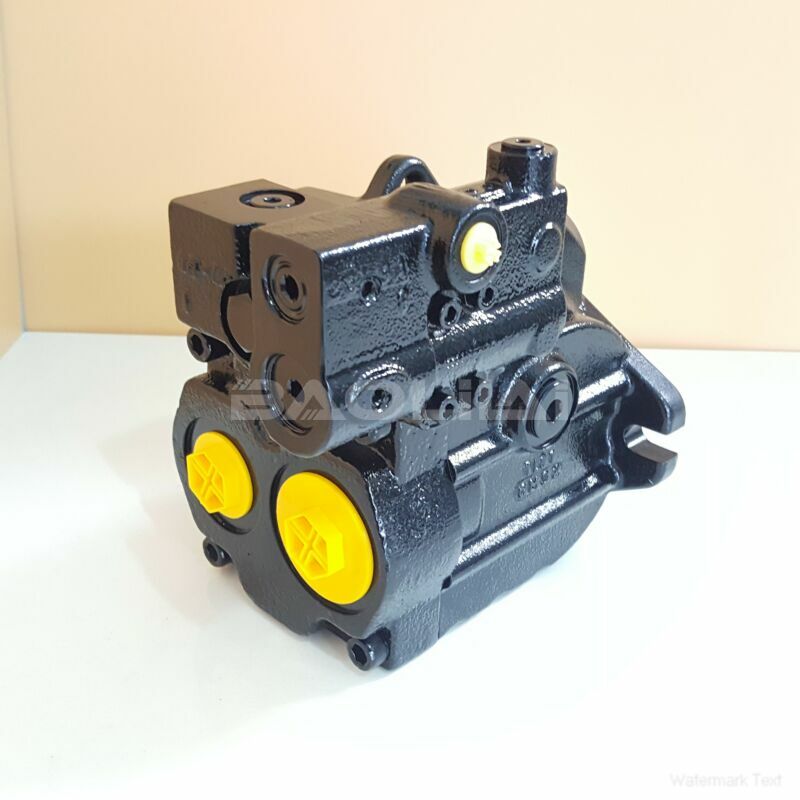KRR045DLS1820NNN3C2AGA6NPLBNNNNNN hydraulic pump
KRR045DLS1820NNN3C2AGA6NPLBNNNNNN hydraulic pump

- Product Details
- Applicable Scene
In the realm of cold chain logistics and refrigerated warehousing, maintaining optimal temperature conditions is crucial for preserving the quality and safety of perishable goods. One of the essential components that support these operations is the hydraulic oil pump. This article explores the design considerations for hydraulic oil pumps specifically tailored for cold chain applications, focusing on efficiency, reliability, and temperature control.
KR-R-045D-LS-18-20-NN-N-3-C2AG-A6N-PLB-NNN-NNN
KRR045DLS1820NNN3C2AGA6NPLBNNNNNN
The primary function of hydraulic oil pumps in this context is to power various machinery used in handling and storing temperature-sensitive products. These pumps provide the necessary hydraulic pressure to drive operations such as refrigeration systems, climate control mechanisms, and automated warehousing functions. As the performance of these systems directly impacts the integrity of stored goods, careful design and selection of hydraulic oil pumps are vital.

7004177
One significant consideration in designing hydraulic oil pumps for cold chain logistics is the operating temperature range. The refrigeration systems in these environments often function at sub-zero temperatures, requiring hydraulic oil pumps to operate efficiently under low-temperature conditions. The choice of hydraulic fluid becomes critical; fluids must not only maintain their viscosity but also possess good flow characteristics even in extreme cold. This often means selecting synthetic oils with lower pour points and higher viscosity indexes to ensure reliable performance.
Another key factor is the energy efficiency of hydraulic oil pumps. Given the energy-intensive nature of refrigerated warehousing, it is essential to design pumps that minimize energy consumption. This can be achieved through advanced technologies such as variable displacement pumps, which adjust the flow rate according to the demand, significantly reducing energy waste. Additionally, incorporating energy recovery systems can further enhance overall efficiency by harnessing excess energy during peak operational periods.
Reliability is paramount in cold chain logistics. Any failure in the hydraulic system can lead to temperature fluctuations that risk product spoilage. Therefore, the design should incorporate robust materials and components that can withstand the rigors of a cold environment. Corrosion-resistant materials and seals are essential to prevent leaks and ensure longevity. Regular maintenance schedules and monitoring systems can also help detect early signs of wear or failure, minimizing downtime and ensuring continuous operation.
Moreover, noise reduction is an important aspect in cold storage and warehousing environments where a variety of equipment operates simultaneously. Designing hydraulic oil pumps with quieter operation in mind can contribute to a more pleasant working atmosphere and reduce the overall sound levels in these facilities.





